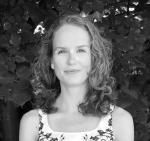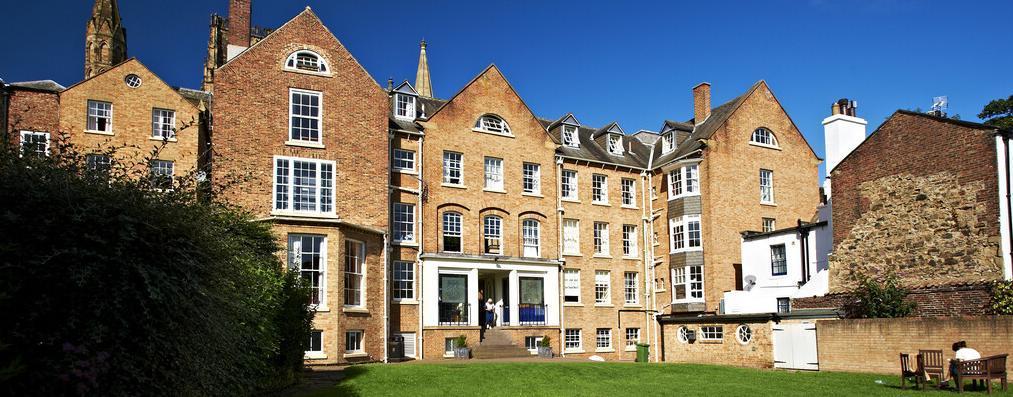What Have We Learned? Research Intersections in Moral Injury
An interdisciplinary conference taking place in person in Durham, UK, on 20-22 April 2026
With the 1994 publication of "Achilles in Vietnam: Combat Trauma and the Undoing of Character", Jonathan Shay’s reflections on the moral trauma that combatants experience focused attention on the phenomenon that he would eventually describe as ‘moral injury’. Since then, moral injury has been observed in contexts from military veterans and law enforcement personnel to veterinarians and healthcare workers to refugees and survivors of abuse. It has also been conceptualised, studied, and researched in clinical, religious, anthropological, sociological and philosophical disciplines, among others.
What is clear in the decades of research that have followed Shay’s work is that these different contexts and disciplinary perspectives have illuminated different aspects of moral injury in ways that are critically helpful in understanding it and in exploring pathways to recovery. Moreover, the interdisciplinary research environment around moral injury is increasingly shaped by helpful collaborations between different types of researchers from different backgrounds, often using different conceptual languages to explore, define and describe the contours and contexts of moral injury.

This conference seeks to lift up these intersections of work on moral injury around a cluster of questions:
- What do we learn from the intersection of different disciplinary approaches?
- Where do we find commonalities in the experience of moral injury amongst different contexts? Conversely, in what ways do certain contexts produce uniquely morally injurious experiences? What does this all mean for processes of repair, either as individuals or collectively?
 We are pleased to be welcoming Dr Victoria Williamson to help explore these issues. Victoria is a Senior Lecturer in the Department of Psychology at the University of Bath, Research Fellow at King’s College London, and President of the UK Psychological Trauma Society. Her research focuses on psychological adjustment after traumatic events and she has published extensively on moral injury suffered in a wide variety of occupational and non-occupational contexts and approaches to prevention and intervention for moral injury-related mental health difficulties.
We are pleased to be welcoming Dr Victoria Williamson to help explore these issues. Victoria is a Senior Lecturer in the Department of Psychology at the University of Bath, Research Fellow at King’s College London, and President of the UK Psychological Trauma Society. Her research focuses on psychological adjustment after traumatic events and she has published extensively on moral injury suffered in a wide variety of occupational and non-occupational contexts and approaches to prevention and intervention for moral injury-related mental health difficulties.
We will have a rich variety of presentations from researchers working in the arts, humanities, sciences and social sciences, people with lived experience of moral injury and, chaplains, psychologists and others with practical experiences of care for those with moral injury. The programme will be released in early 2026. Please note that the Call for Papers deadline has now passed.
When and where

The conference will take place at Durham University in the North East of England. The venue will be St Chad's College (pictured) which is in the historic city centre and 20 metres from Durham's World Heritage Site which comprises the magnificent Norman cathedral and castle in their dramatic position on top of the steep wooded banks of the River Wear. The conference will run from 1.15pm on Monday 20 April to 1.15pm on Wednesday 22 April 2026.
Registration and costs
Registration will open in early 2026. The standard registration fee will be 260 GBP; students will be eligible to register for the subsidised registration fee of 190 GBP. This registration fee includes refreshments, dinner on 20 April, and lunch and dinner on 21 April.
In addition, some overnight accommodation at the conference venue, St Chad's College, is available to book as part of the registration process. Single en-suite rooms including breakfast are £78.00 (GBP) per night. They will be available for the nights of 20 and 21 April on a first-come-first-served basis. Please note that there is no parking at St Chad's College and city centre parking costs in the region of £11 per 24 hours; therefore if you are travelling by car you might wish to consider using alternative overnight accommodation.
The deadline for registering to attend the conference is 11.59pm GMT on Thursday 26 March 2026. If you would like to receive a reminder to register for the conference, please ensure you are on our mailing list.
To book your place, please visit our conference registration webpage, click on "Book Event", and follow the instructions.
Questions?
If you have any questions about the conference please do not hesitate to contact us at icmi@durham.ac.uk.


/prod01/prodbucket01/media/durham-university/research-/research-centres/international-centre-for-moral-injury/Moral-injury-banner-1920X290.jpg)